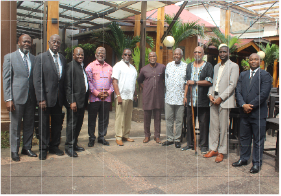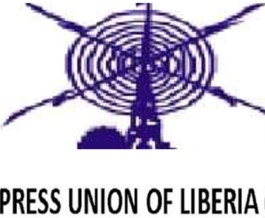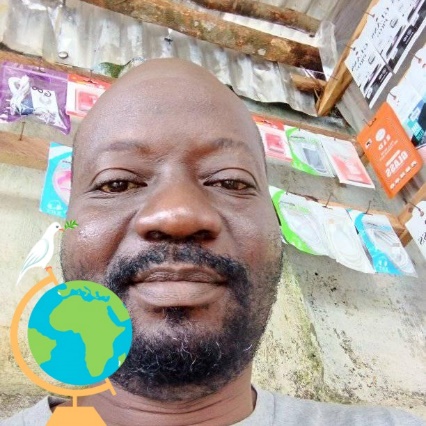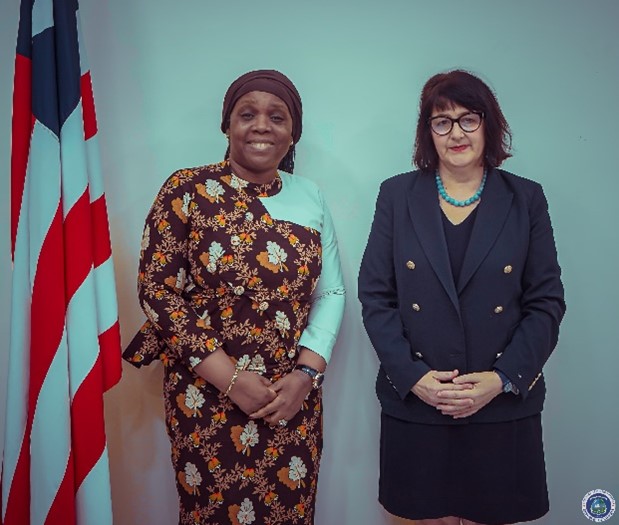The Kenyan-retired Lieutenant, Daniel Ishmael Opande, has urged Liberians to maintain the peace. General Opande, who was the Force Commander of the peacekeepers of the United Nations Mission in Liberia (UNMIL), said peace is cardinal to the development of the country, saying it is incumbent upon the government, as well as everyone in the country, to continue promoting it.
The professionally retired Kenyan military officer made these remarks during the week in Congo Town at what appeared to be a reminiscent gathering with some stakeholders, including top former leaders of the warring factions of the civil war.
General Opande’s mission to Liberia as the UNMIL Commander in 2003 to 2005 was to disarm more than 100,000 combatants, provide security as well as technical and logistical support for the electoral process that culminated in the peaceful democratic elections in 2005.
Before his arrival in the country, everything had broken down, government collapsed, no effective security arrangement; the entire country was in turmoil and in grave danger of falling apart, while people were moving from place to place desperately in dire need of peace and food.
The retired Lieutenant General Opande successfully accomplished the mission because of his bravery, coupled with diplomacy, as he got the commanders of all the warring factions in the country to turn in their arms to the peacekeepers.
Another factor that led to his success was that he was pragmatic when it came to finding solutions to issues on the ground, like when the Monrovia-to-Buchanan road was closed by the combatants; he moved there and made sure that it was reopened.
He was also proactive because he engaged each and every leader of the warring factions in their stronghold, despite the associated threat and location, for discussion whenever danger or signs of disturbance seemed eminent.
Counselor Lavela Supuwood, who was a member of the Lofa Defense Force (LDF), recalled that the UN peace effort in Liberia at that time took a dramatic turn when General Opande, Gordon-Somers, the Special Representative of Kofi Annan, UN Secretary General to Liberia and him flew in the UN helicopter to the National Patriotic Front of Liberia (NPFL)’s leader, Charles Taylor, in Gbarnga. According to him, after that interaction with Taylor, the peace process immediately commenced as instructions came from Washington, D.C.
He noted that they did not even know the reason of the conflict because when they, the warring factions’ leaders, went for peace conferences, whether in Cotonu Benin or the Banjul, the Gambia, and other countries, all of them would stay on one floor where they ate and drank together, and so it was meaningless for them to have fought each other.
John T. Richardson, head of the Charles Taylor’s National Security Agency, remarked that the gathering was unique as it is a reflecting moment, but pointed out the compelling need to address the concerns of the people that led to the war, while Counselor Kabineh Ja’neh also told the political leaders that failure on their part to learn the lesson pertaining to the root causes of the 14 years civil war in the country would be the greatest tragedy—more than the deaths of more than 250,000 people and the destruction of properties.
Former Minister of Defense, Daniel Chea, added that General Opande’s presence in country speaks volumes because guns are still silent since he departed, which is a testament of the marvelous work that was done.
For his part, former Minister of Defense (MoD), Brownie J. Samukai, commended UNMIL, Economic Community of West African State (ECOWAS), as well as other countries whose sacrificial services brought peace to Liberia.
He also showered praises on retired Lieutenant General Daniel Opande for gallantry, and referred to him as a symbol of peace in the country. He indicated that the country is now enjoying the dividend of peace as it has been conducting peaceful elections, children are going to school, journalists are freely doing their job, while civil society is also playing their roles among other state actors.






